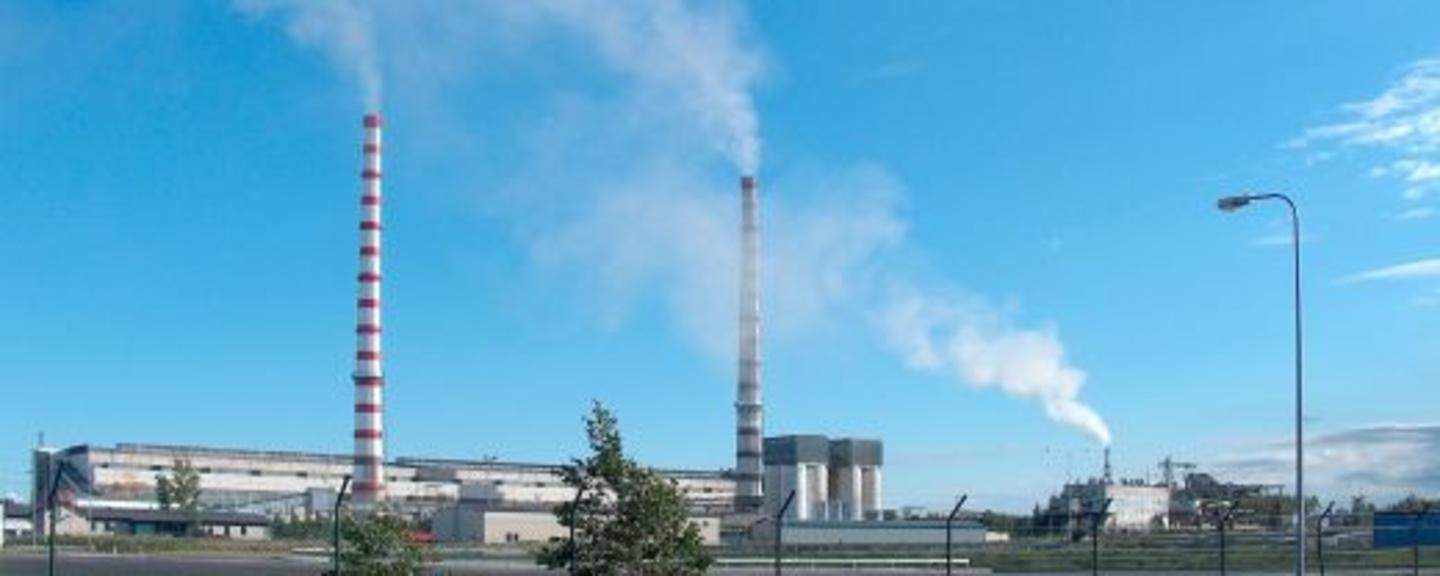"The Transfer of knowledge fund encourages growing cooperation between Estonian and foreign scientists," says Iige Maalmann of the Estonian Science Foundation, which coordinates the fund.
The 10 supported research projectsspan a variety of fields; from investigating bone markers in patients with distinct forms of osteoarthritis to looking at locations for wind farms and developing new ethical frameworks for human genetic databases.
The Estonian universities of Tallinn and Tartu implement several of the research initiatives, and the Universities of Oslo, Bergen and Iceland are among the research partners involved. Research institutions from Norway are actively involved in 9 of the supported projects, while Icelandic partners are taking part in 2 projects.
Reducing pollution from power plants
One of the projects supported by the fund is looking into the environmental impact of oil shale combustion ashes. Estonia is home to the 2 largest oil shale-fired thermal power plants in the world, and the oil shale which is burnt at the Eesti Power Plant and the Balti Power Plant produces roughly 50% ash. Although the power plants have installed pollution control equipment to capture the ash particles produced during oil shale combustion, large quantities are still released into the air. This 'fly ash' contains significant amounts of environmental toxins, and is today the main source of air pollution in the Estonian Narva region.
In collaboration with the Norwegian Geological Survey, the Norwegian Geotechnical Institute and the Norwegian Institute for Agricultural and Environmental Research, a research team at Tallinn University of Technology will attempt to fill the gaps in the existing knowledge on levels, mobility, bioavailability and ecotoxicity of contaminants in the polluted soils of the Narva region. This will be the first time these soils have been studied in detail for pollution levels. The project will also look closer at fly ash as a vehicle of contaminants.
